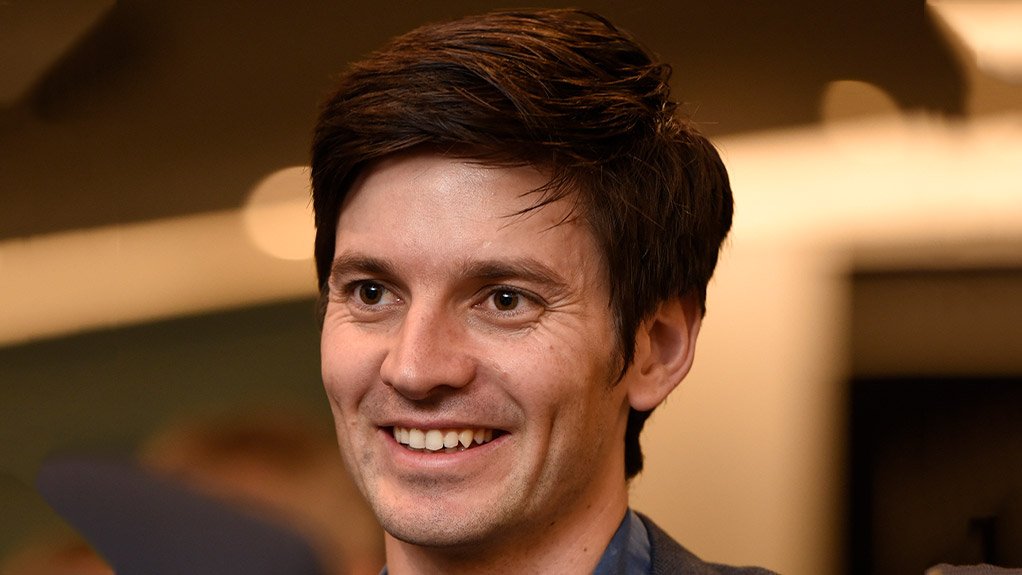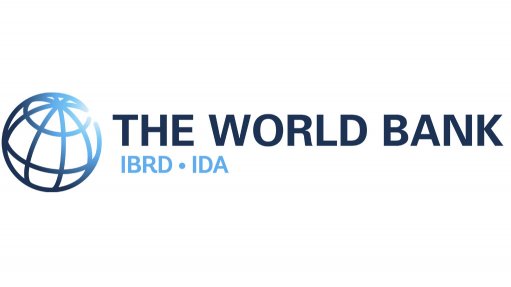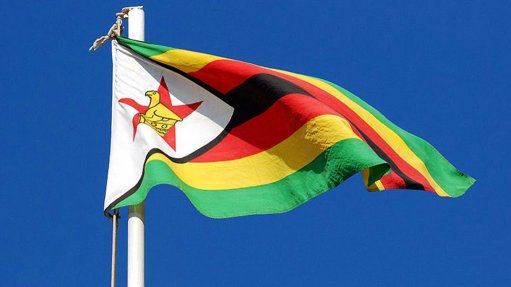Partnerships to be key in addressing Africa’s power deficit
In this opinion article, Wikus Kruger argues that public-private partnerships, access to financing and targeted skills development will be crucial in addressing Africa’s chronic power shortage
The impact of energy on an economy has been dramatically illustrated in South Africa in recent months following a spate of load-shedding. The energy crisis, including the problems at Eskom, has further dampened investor confidence in the country at a time when government urgently needs foreign capital, amid ballooning debt and an unsustainable Budget deficit.
Hard to believe under such circumstances is that South Africa is one of the lucky ones. Power shortages and blackouts are routine in the majority of African nations. Sub-Saharan Africa (excluding South Africa) has the lowest electrification rate in the world, with up to 60% of the population still without access to electricity. The World Bank highlights that the entire installed generation capacity of Africa’s 48 sub-Saharan countries is less than that of Spain or South Korea. As much as one-quarter of that capacity is unavailable because of ageing plants and poor maintenance. And if we were to combine the power systems of all 46 sub-Saharan African countries (excluding South Africa), we would still end up with a power system smaller than that of South Africa.
Undoubtedly, the energy crisis has hampered the continent’s economic growth. Further, as some observers argue: “The provision of power to a population is not simply an economic conversation, but rather a humanitarian one.”
If current access to energy trends continue, warns the World Bank, fewer than 40% of the countries on the continent will reach universal access to electricity by 2050. The economic cost of power shortages can amount to more than 2% of gross domestic product (GDP). For some countries, it has shaved as much as one-quarter of a percentage point off annual per capita GDP growth rates.
In attempting to address this crisis, renewable energy inevitably emerges as a solution. Africa has better solar and wind resources than most other regions in the world. And, with the cost of renewable energy falling fast, it will be a consistently cheaper source of electricity generation than traditional fossil fuels by 2020, according to a new report from the International Renewable Energy Agency.
Already, newly built solar and wind projects in countries such as India, Mexico, Chile, Morocco, Namibia and Zambia are being delivered at record-low coal-busting prices. In addition, results from South Africa’s latest round of renewables procurement supports this, with average prices at or below Eskom’s average cost of supply. New procurement rounds are likely to see bids at prices below the running costs of Eskom’s more expensive coal-fired power plants.
Even so, finding the resources to secure investment into renewable energy on the continent will be far from easy. According to the World Bank, the cost of addressing the needs of sub-Saharan Africa’s power sector has been estimated at $40.8-billion a year, which is equivalent to just over 6% of Africa’s GDP.
Existing funding is far below what is needed and this yawning funding gap cannot be bridged by the public sector alone.
One way to achieve this is through public–private partnerships and the use of innovative financing mechanisms such as project finance, which is emerging as a leading tool to finance infrastructure projects – especially in emerging economies. These complex financing structures usually involve multiple investors and lenders that are paid back from the cash flows generated by the project. The advantage of this approach is that it is able to alleviate investment risk and raise finance at a relatively low cost to the benefit of investors and consumers alike.
There is good evidence that this approach is effective. The Development Bank of Southern Africa recently received the African Renewable Energy Programme Award from Project Finance International, primarily because of the successful financial closure and implementation of several projects it financed in Round 4 of South Africa’s world-renowned Renewable Energy Independent Power Producer Procurement Programme (REIPPPP).
Unfortunately, these kinds of specialised skills are in short supply in the region, suggesting the need for targeted interventions to address this backlog.
The South African Wind Energy Association points out that the REIPPPP has had a tremendously positive impact on the South African energy sector and economy – as well as delivering significant socio-economic benefits. To date, renewables independent power producers (IPPs) have invested close to R202-billion (24% of which is foreign direct investment) in South Africa and contributed 26 840 GWh to the national grid. New research from the Council for Scientific and Industrial Research also indicates that renewable generation capacity has played a key role in recent months in keeping load-shedding from being worse than it was.
South Africans own, on average, 48% equity in all IPPs, while black South Africans own on average 31%. Perhaps more significantly, the sector has created about 38 700 job years and has the potential to create more if it is given the support it needs to realise its full potential.
The REIPPPP has proven that it is possible to deliver world-class power projects on time and within budget and this knowledge can be rolled out to the rest of the continent. It is within our grasp to secure the generation of affordable, sustainable and reliable power in Africa. It is now up to the politicians and the broader investment community to work together to ensure that Africans get the power future they deserve.
Kruger is a University of Cape Town Graduate School of Business junior research fellow and PhD candidate. He coordinates the finance, contracts and risk mitigation for Private Power Investment in Africa programme.
Comments
Press Office
Announcements
What's On
Subscribe to improve your user experience...
Option 1 (equivalent of R125 a month):
Receive a weekly copy of Creamer Media's Engineering News & Mining Weekly magazine
(print copy for those in South Africa and e-magazine for those outside of South Africa)
Receive daily email newsletters
Access to full search results
Access archive of magazine back copies
Access to Projects in Progress
Access to ONE Research Report of your choice in PDF format
Option 2 (equivalent of R375 a month):
All benefits from Option 1
PLUS
Access to Creamer Media's Research Channel Africa for ALL Research Reports, in PDF format, on various industrial and mining sectors
including Electricity; Water; Energy Transition; Hydrogen; Roads, Rail and Ports; Coal; Gold; Platinum; Battery Metals; etc.
Already a subscriber?
Forgotten your password?
Receive weekly copy of Creamer Media's Engineering News & Mining Weekly magazine (print copy for those in South Africa and e-magazine for those outside of South Africa)
➕
Recieve daily email newsletters
➕
Access to full search results
➕
Access archive of magazine back copies
➕
Access to Projects in Progress
➕
Access to ONE Research Report of your choice in PDF format
RESEARCH CHANNEL AFRICA
R4500 (equivalent of R375 a month)
SUBSCRIBEAll benefits from Option 1
➕
Access to Creamer Media's Research Channel Africa for ALL Research Reports on various industrial and mining sectors, in PDF format, including on:
Electricity
➕
Water
➕
Energy Transition
➕
Hydrogen
➕
Roads, Rail and Ports
➕
Coal
➕
Gold
➕
Platinum
➕
Battery Metals
➕
etc.
Receive all benefits from Option 1 or Option 2 delivered to numerous people at your company
➕
Multiple User names and Passwords for simultaneous log-ins
➕
Intranet integration access to all in your organisation





















